Washington, D.C. (July 15, 2020) — The Institute for Local Self-Reliance (ILSR) has published the first-ever comprehensive guide for state and local policymakers and activists seeking to combat the increasing power of corporate monopolies. More than ever, as states and cities contend with the devastating economic fallout from the Covid-19 epidemic, fighting concentrated corporate power is a crucial strategy to reassert a basic fairness into the American political and economic system.
Called Fighting Monopoly Power: How States and Cities Can Beat Back Corporate Control and Build Thriving Communities, the guide is aimed at the state and local officials who find themselves on the front lines of the problems caused by excessive concentration — from the lack of good jobs to unaffordable prescription drugs to dying small businesses to the digital divide. ILSR’s new report lays out how leveraging state and local power to fight monopolies will create more and better jobs, help working families get ahead, and make our economies more diverse and resilient.
“States were America’s first trust-busters, and with the federal government’s unwillingness to take action against today’s monopolists, we once again need state and local governments to lead the way,” said Stacy Mitchell, co-director of the Institute for Local Self-Reliance. “Concentration is not the result of inevitable forces. As this guide details, it’s a product of deliberate policy choices made at all levels of government. By changing their policies, states and cities can loosen the grip of dominant corporations, spur new businesses and jobs, reduce inequality, fight racial injustice, and strengthen communities.”
The ILSR report underscores how the rise of a small number of giant corporations undermines our economy and our democracy in numerous ways:
- Increased wealth disparities. While the wealth of the few has reached unprecedented levels, earnings for the average worker have barely moved for decades.
- Exacerbated racial disparities. Corporations have imposed barriers on communities of color while extracting wealth from them.
- A marked decline in new business startups. Due to the rapid disappearance of small businesses, there are fewer competitors in the marketplace.
- More communities left behind. Rural communities and urban neighborhoods alike have been bypassed by economic opportunities and left to get by without basic services like grocery stores and hospitals.
- A distorted political system. Companies such as Amazon, Comcast, and PG&E exert so much power over our political process that efforts to make our society better are regularly crushed by powerful lobbying efforts.
The report covers a range of policy areas and describes the current market power in each sector and the policy drivers that shaped this power. It then provides a detailed list of the kinds of policies that states and cities can enact to curb monopoly power and develop local solutions and autonomy. It also highlights several success stories of state and local governments enacting locally driven policy solutions, including how:
- North Dakota side-stepped Wall Street’s power and opted to maintain a banking sector that’s mostly in the hands of local banks and credit unions.
- San Jose, Calif., freed itself from the grip of a landfill monopoly and used the dramatic savings generated by increased competition to radically restructure its solid waste system to emphasize recycling.
- Minnesota broke Xcel Energy’s control of electricity generation, compelling it to purchase power from community solar projects at fair prices.
- States like Ohio and Kentucky — no longer content to wait for the Federal Trade Commission to act — are regulating pharmacy benefit managers, such as CVS Health, to ensure that these powerful middlemen can’t use predatory tactics to run local independent pharmacies out of business and raise prices.
- Vermont has tripled the share of its food produced in-state, from 5 percent to 15 percent, through an initiative to create local processing facilities, including slaughterhouses, grain mills, and produce distributors, and expand retail outlets for local food.
- Wilson, North Carolina, built a city-owned broadband network that created competition with Charter Spectrum, supercharged economic development, and also innovated new policies to connect public housing and families with poor credit.
Read Fighting Monopoly Power here.
About the Institute for Local Self-Reliance:
The Institute for Local Self-Reliance has a vision of thriving, equitable communities. ILSR believes the biggest challenge in the U.S. today is corporate control because it diminishes community power and undermines the strength of our democracy and our local economies. We are a national research and advocacy organization that partners with allies across the country to build an American economy driven by local priorities and accountable to people and the planet. ILSR.org





